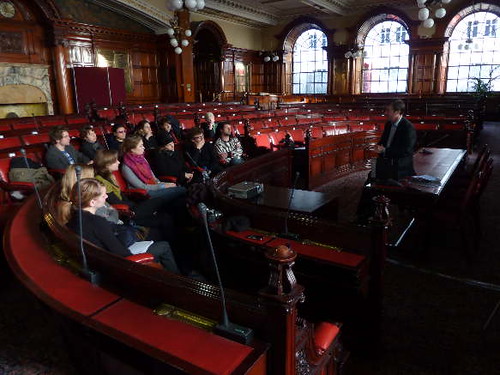This call for abstracts may interest the IAPS communities, and others active in people and environment
research.
Please kindly circulate widely to colleagues.
Associate Editors, Ombretta Romice, and Sergio Porta
Publisher: Bentham Science Publishers
CALL FOR ABSTRACTS
Bentham Science Publishers plans to publish a new e-book titled: “The Role of Place Identity in
the Perception, Understanding, and Design of the Built Environment” to be edited by Dr. Hernan
Casakin, Dr. Ombretta Romice, and Dr. Sergio Porta.
Background
In the era of globalization, where the progressive deterioration of local values is a dominating
characteristic, identity is seen as a fundamental need that encompasses all aspects of human life.
Identity in relation to places and the physical environment is one of those. To these regards, identity
is the basis of perception, experience, and appreciation of the built form. It allows people to develop
a sense of belonging and attachment in relation to a place and its spatial features, and brings together
people around shared values, issues and localities.
While place identity constitutes a significant theme for debate, the relationship between identity,
place, architecture, and urbanism still deserves more attention. The book aims at developing knowledge
in relation to place identity, focusing both on people’s identity, and related factors which play
a part in this process, and most of all on a science of identity in the built environment, across a
multifaceted and multicultural society.
Researchers from a variety of disciplines including environmental psychology, semiotics, urban
sociology/ecological sociology, geography, urban planning, urban design, architecture, or landscape
architecture are invited to contribute.
Send an abstract (about 800 words) as a Word attachment, a brief list of references, and a short
biography (about 100-150 words) to Dr. Hernan Casakin (email: casakin@bezeqint.net) with “submission
Place Identity and Perception of Built Environment” in the subject line.
Deadline: June 20, 2010
Selected candidates will be contacted with a request for full articles and additional information will
be provided at that time.
Due date for full articles will be e/o October 2010.
Sincerely,
Hernan, Ombretta, and Sergio
Dr. Hernan Casakin, architect.
Ariel University Center of Samaria
Department of Architecture
P.O. Box 3, 44837 Ariel, Israel.
Telephone/Fax: +972-9-7660756
Email. casakin@bezeqint.net



